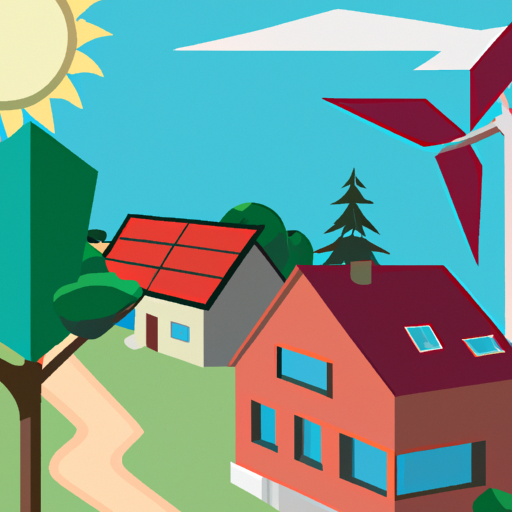An organized movement against rural solar development has gained momentum in the US, with some support coming from stakeholders in the fossil energy industry. However, solar developers are now fighting back by forming a powerful alliance with conservation groups, tribal organizations, agriculture stakeholders, utilities, and other interested parties. This new partnership aims to address concerns over farmland conversion and push for the adoption of best practices in solar development.
Debunking Arguments Against Rural Solar
While it is true that the installation of solar panels can result in the destruction of virgin forests and native habitats, much of the opposition to rural solar development has focused on concerns over farmland conversion. However, opponents of rural solar fail to acknowledge that modern farming practices have already converted millions of acres of native habitats into industrialized, monocultured, chemical-heavy farms. Additionally, the emergence of agrivoltaics, which combines solar panels with grazing lands, pollinator habitats, and food crops, provides a viable solution for farmers to continue using their land for agricultural purposes while also benefiting from solar energy.
A New Alliance for Sustainable Rural Solar Development
In an effort to counter the opposition and promote responsible solar development, an alliance has been formed under the Solar Uncommon Dialogue initiative led by the Woods Institute for the Environment at Stanford University in partnership with the Solar Energy Industries Association (SEIA) and The Nature Conservancy. This alliance aims to develop a best-practices framework for resolving conflicts related to solar development, land conservation, and community concerns. It includes high-profile conservation groups such as the Audubon Society and the Natural Resources Defense Council, as well as various other organizations from different sectors.
Addressing Key Issues Through Collaboration
The alliance will focus on several key issues through the establishment of six working groups. These groups will address topics such as community engagement, risk assessment, energy and agricultural technologies, tribal relations, and policy solutions. By involving local stakeholders from the beginning and addressing their concerns, the solar industry aims to ensure a fair and equitable transition to clean energy.
Government Support and Forward-Thinking Initiatives
The US Department of Agriculture and the US Department of Energy are already actively supporting rural solar projects and exploring the potential for incorporating agriculture within solar arrays. USDA’s Emerging Farmers program aims to make land available for vegetable farming alongside solar installations. Such initiatives demonstrate a commitment to sustainable practices and the coexistence of agriculture and solar energy.
